Know More about Acute Renal failure
What is Acute Renal failure?
-
It is the sudden loss of kidney functions. Also, known as Acute kidney injury.
-
If kidney stop filtering the waste in the body, it will start accumulating in the body.
-
It can happen in few days to weeks.
What are the causes of Renal Failure?
-
Autoimmune kidney disease.
-
Cholesterol emboli means cholesterol blood clot
-
Sudden blood loss due to accident or some major surgery
-
ATN (Acute Tubular Necrosis), its damage to tubule cells, which are present in the kidneys
-
Dehydration
-
Blockage in blood vessels may be because of blood clotting or urinary tract blockage
-
Side-effects of certain antibiotics
-
Pregnancy complications
-
Direct kidney infections lie pyelonephritis
What are the symptoms of Renal Failure?
-
Swelling
-
Tiredness
-
Bruising easily
-
Less appetite
-
Nausea
-
Vomiting
-
Bloody stools
-
Mood swings
-
High blood pressure
What are the people at risk of Kidney disease?
-
Kidney disease or infected
-
High blood pressure
-
Heart failure
-
Obesity
-
Diabetes
What are the diagnostic test required for this?
Mainly doctors check for swelling in the body, which means fluid retention.
Tests recommended:
-
Blood urea nitrogen (BUN)- Blood sample of the patient is taken, from which the level of urea nitrogen is determined.
-
Urinalysis
-
Estimated Glomerular filtration rate (eGFR)
-
Creatinine clearance- In this test, both urine and blood sample s taken and then creatinine is compared in both the samples.
-
Serum creatinine-Blood sample is taken to measure creatinine levels in the blood. this test it to analyse if kidneys are working fine or not
-
Serum potassium-Potassium carries inside and outside movement of nutrients and waste products from the cells respectively. So, in this test potassium levels are measured from patient’s blood sample.
What are the Treatment options available?
It is depending upon the cause of this disease. Mainly doctors prescribe some antibiotics to treat or prevent any infections which might occur at the same time.
The main goal is to restore kidneys function and eliminate all waste products from the body.
Doctor may ask for dialysis, which is not mandatory though for everyone.
What measures we can take for prevention of Kidney Disease?
-
Healthy stress free lifestyle. Diet should be balanced.
-
Regular check-ups to make sure if any existing medical complication is going on, should not lead to acute failure
What are the complications of Kidney Disease?
-
It can be life threatening one as well, it leaves its effect on circulatory system
-
May lead to end stage renal failure
-
High blood pressure
-
Lung disease
What is the difference between Chronic and Acute Kidney Disease?
-
Both involves kidney function failures.
-
But in Acute it happens suddenly, where as in Chronic symptoms appear slowly and kidney functions reduce over the time. Chronic is long term.
-
Acute is usually caused by blockages, dehydration or blood loss
-
Chronic mainly cause of high blood pressure, and diabetes in most cases. Acute kidney injury occurs in people who have some medical complication going on, in routine tests, creatinine or blood urea nitrogen levels increase.
FOR ANY QUERIES/ TO FIX AN APPOINTMENT — Contact us
Share Now
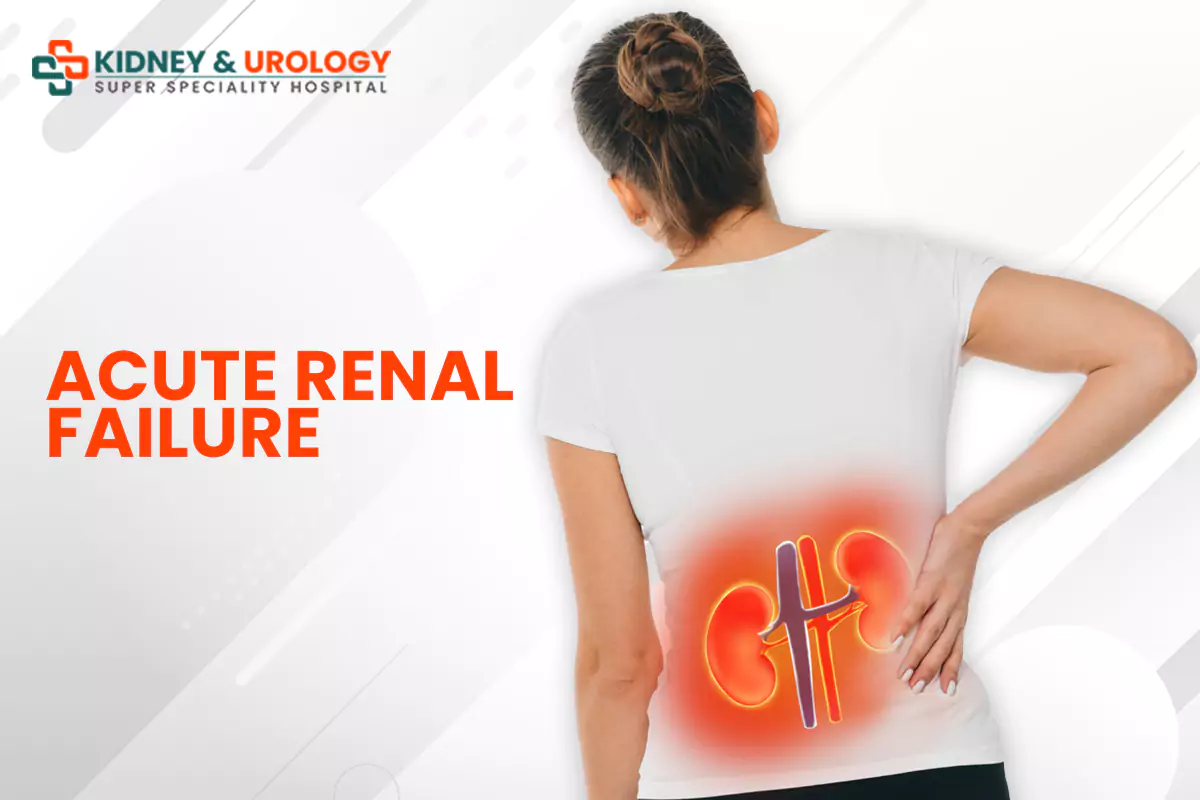
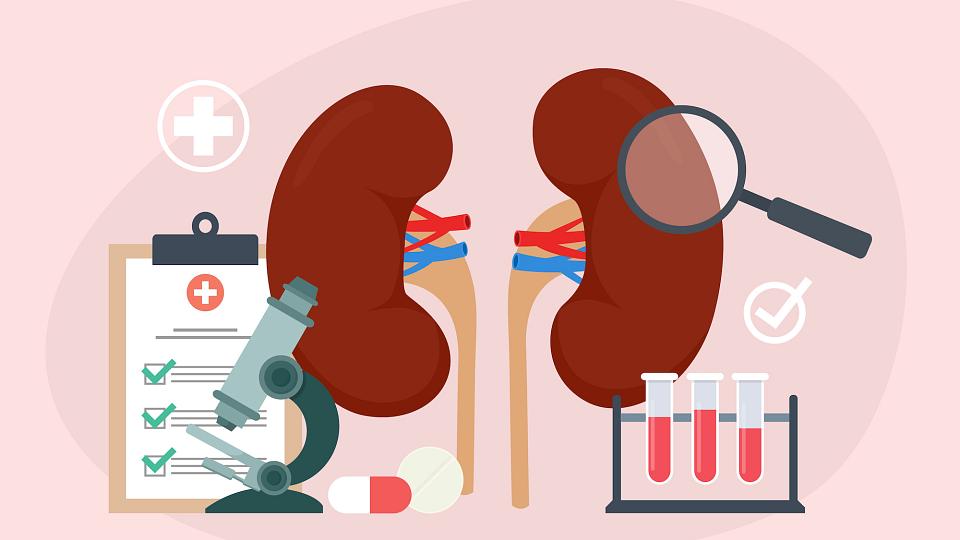


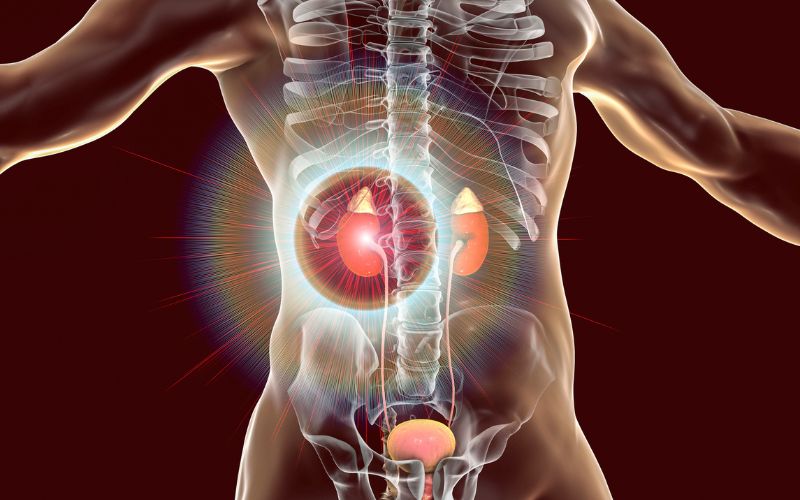
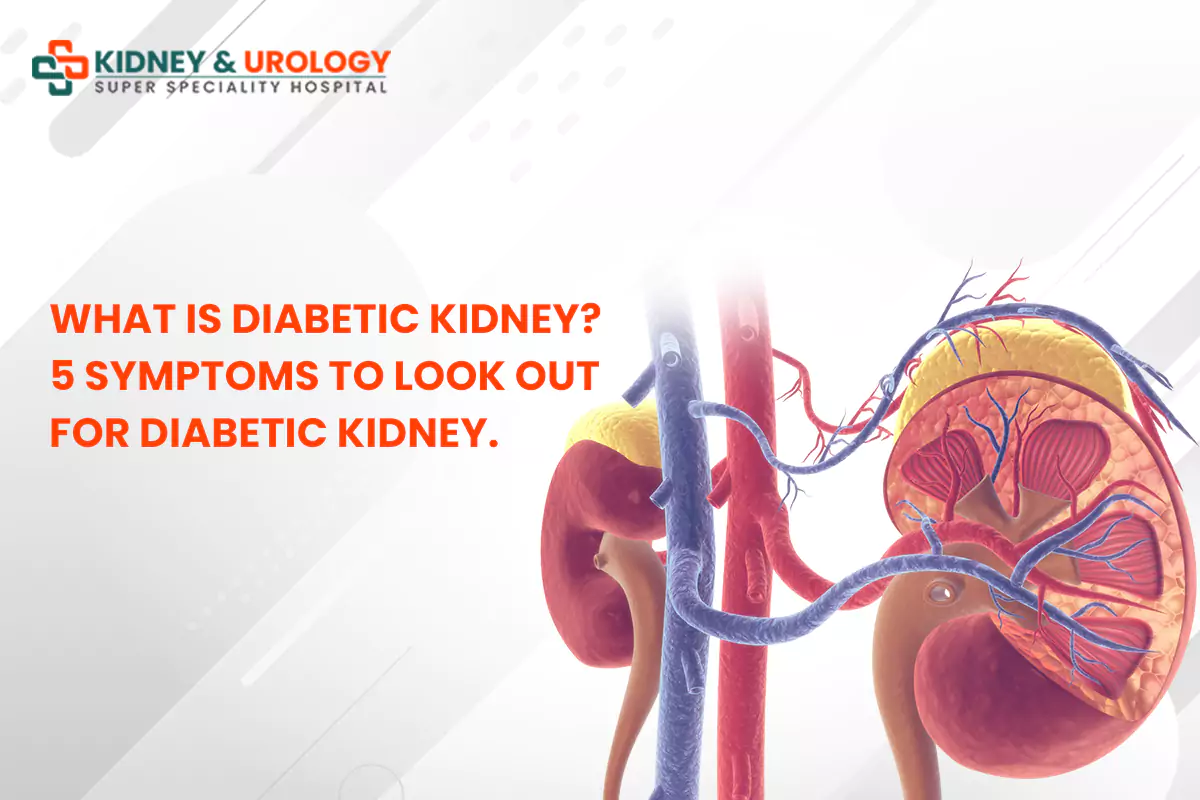


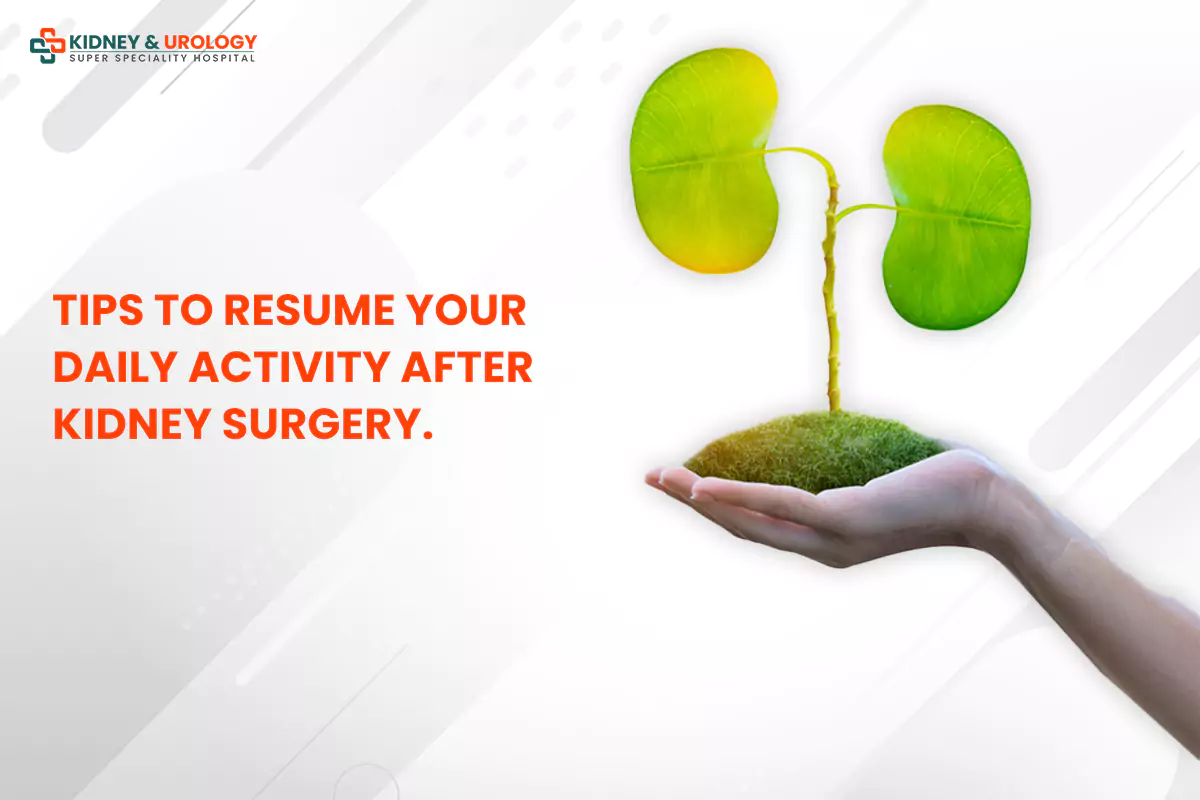




Request A Callback